663 juta orang di
dunia hidup tanpa air bersih
dunia hidup tanpa air bersih
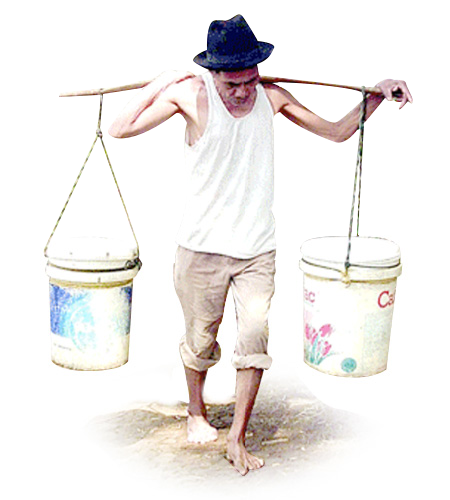
itu hampir 1 dari 10 orang di seluruh dunia. atau, dua kali populasi Amerika Serikat. mayoritas tinggal di daerah pedesaan terpencil dan menghabiskan waktu sehari berjalan untuk mengumpulkan air, menghilangkan peluang pendapatan dan pendidikan, khususnya bagi perempuan dan anak-anak.
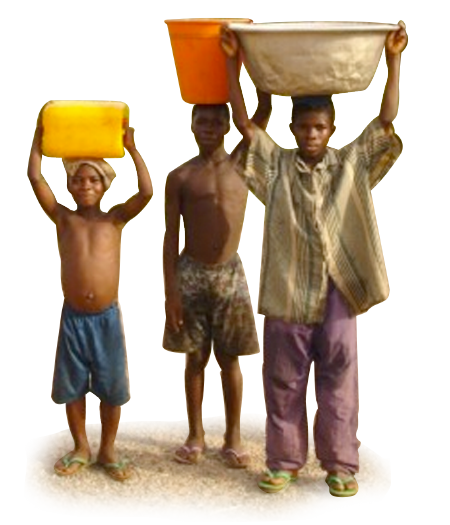

1 dari 3 orang indonesia tidak mendapatkan akses untuk air bersih.
hal ini menjelaskan tentang 80 juta orang.
dalam sudut pandang perspektif, itu hampir seluruh populasi Jerman, empat kali total populasi Australia atau seluruh populasi gabungan Singapura, Hong Kong, Kamboja, Taiwan, dan Malaysia.
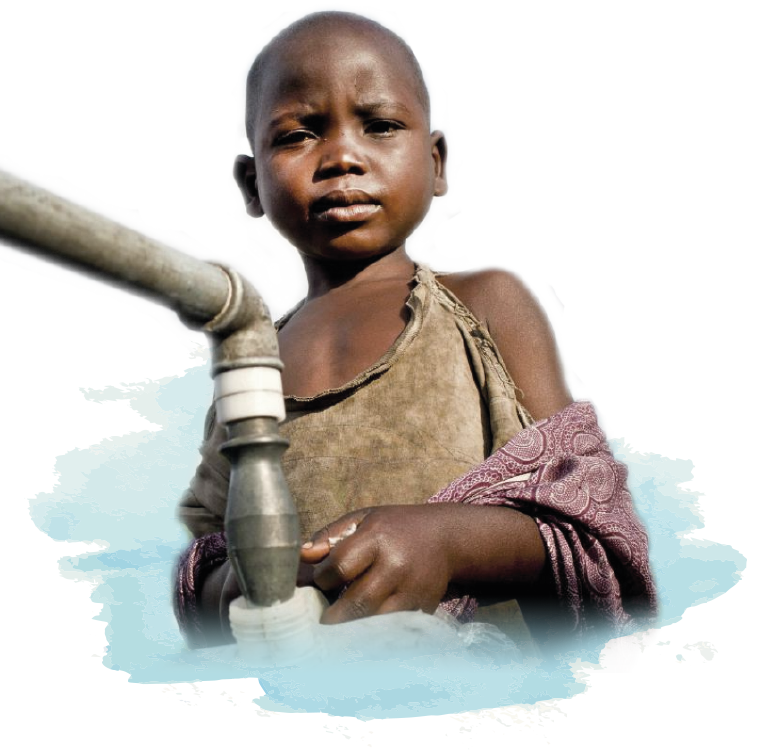
1
sekolah |
170
pelajar & guru
|
40,940
liter air bersih, dan masih bertambah
|
bagaimana 'water giving' ini dapat berhasil
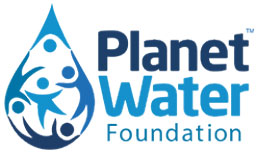
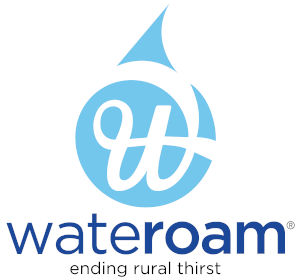
mitra kami



kualitas yang kami
cari
cari
di waterplus+, kami mengerti bahwa kerjasama adalah kunci. inilah beberapa kualitas yang kami cari untuk mitra giving water kami.
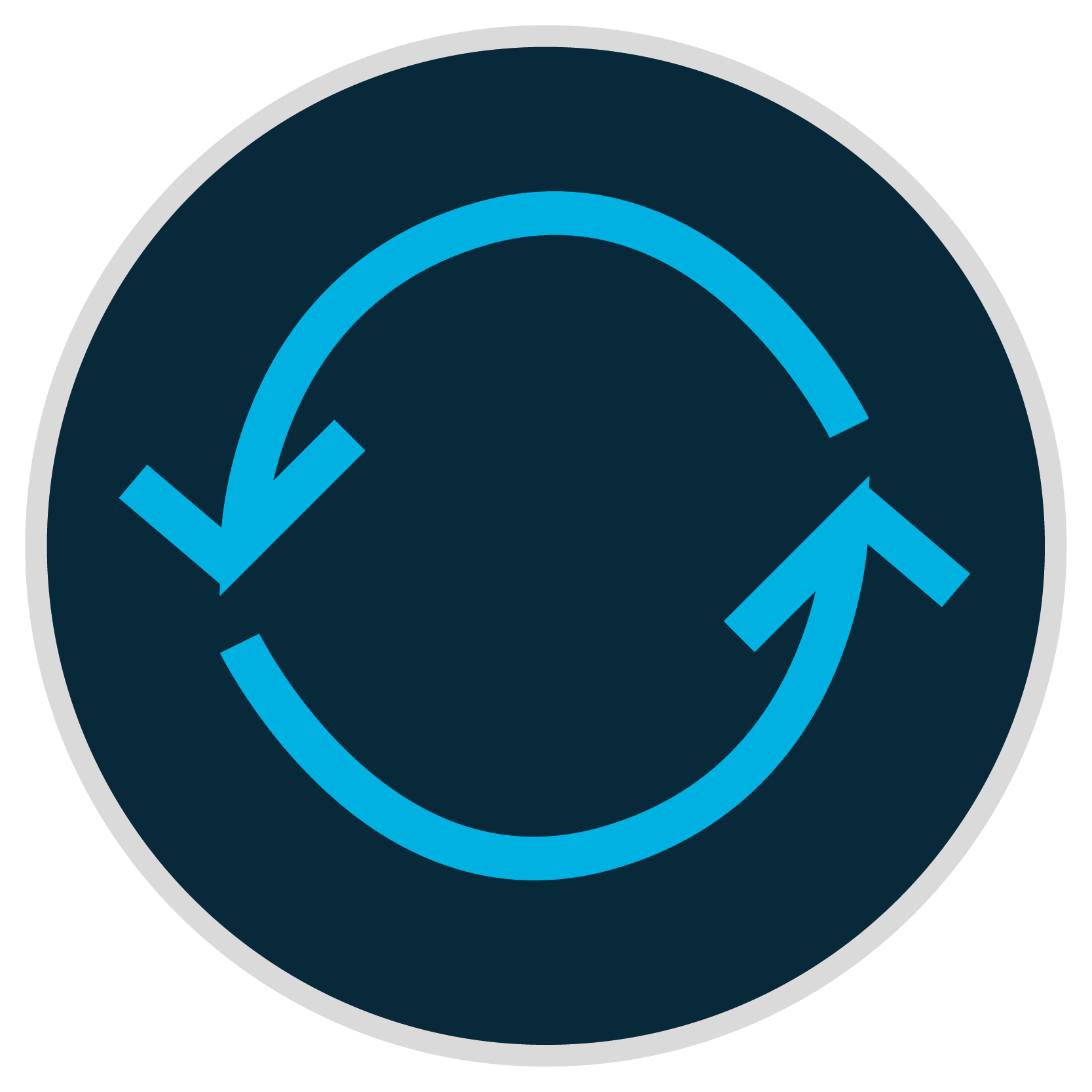
KEPEMILIKAN MASYARAKAT
memberdayakan masyarakat setempat untuk mengelola sistem air dari waktu ke waktu

PARTISIPASI KOMUNITAS
sepanjang proses, keterlibatan masyarakat diperlukan untuk kesuksesan
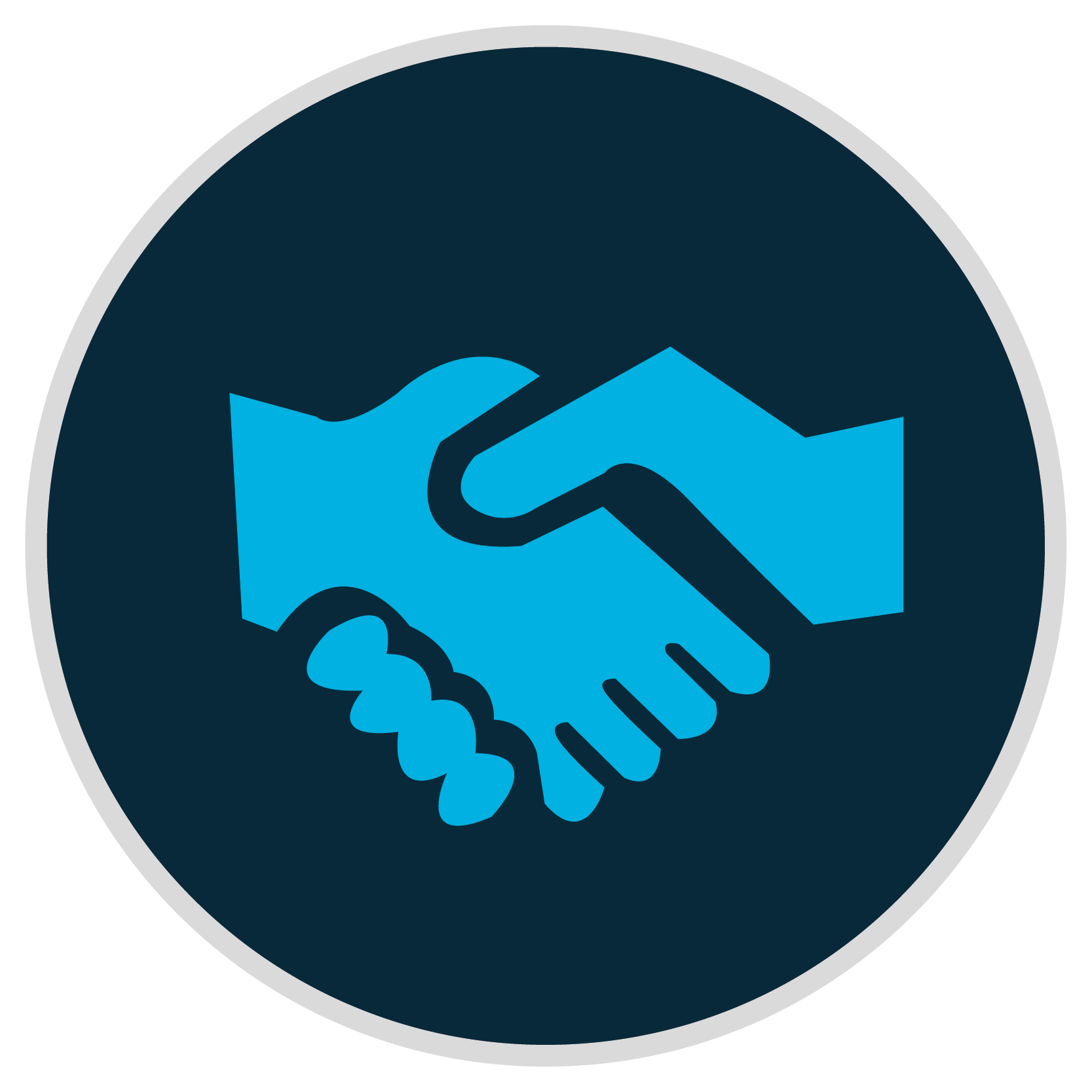
SISTEM AIR JANGKA PANJANG
mengembangkan sistem air yang dibangun dan dipakai jangka panjang

KEMITRAAN LINTAS SEKTOR
bermitra dengan pemerintah lokal dan nasional, LSM & sektor swasta lainnya untuk mengembangkan sistem air
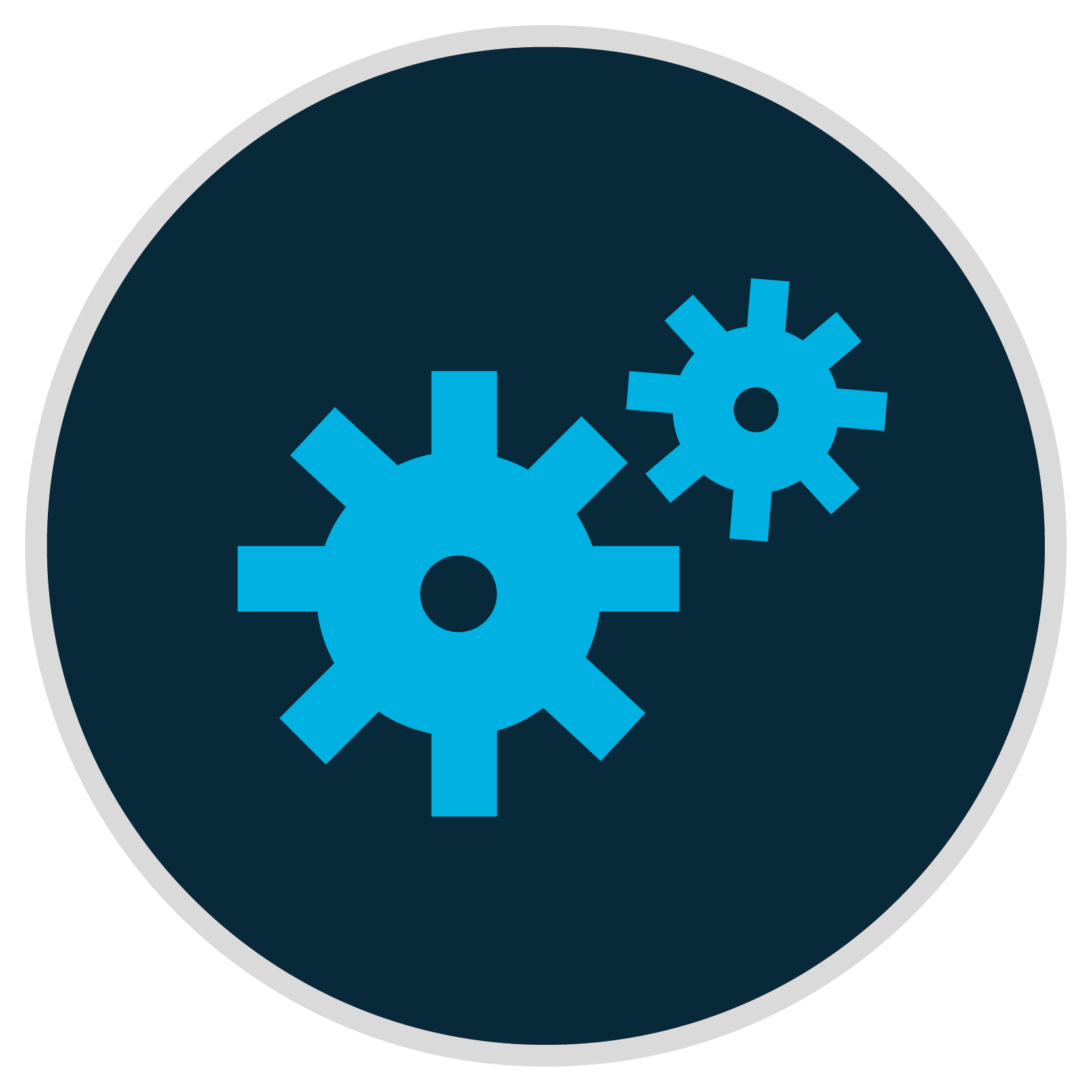
PEMANTAUAN DAN EVALUASI
terus memantau, mengevaluasi, & meningkatkan sistem
apa dukungan anda
dalam pembelian
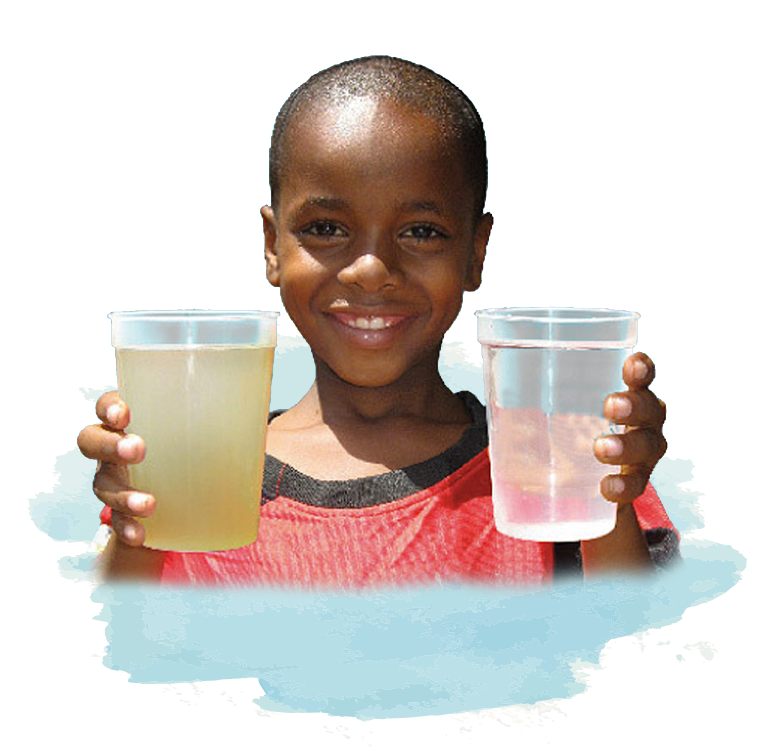
1

TINGKATKAN KESEHATAN
penyakit yang berasal dari air kotor membunuh banyak orang setiap tahun lebih dari tindak kekerasan, termasuk perang. 43% dari kematian itu adalah anak-anak di bawah lima tahun. berkurangnya penyakit juga berarti perkembangan yang lebih baik, kemampuan belajar yang lebih baik, akses yang lebih baik ke pendidikan, memberikan kesempatan yang lebih baik bagi generasi masa depan kita untuk kehidupan yang lebih baik.
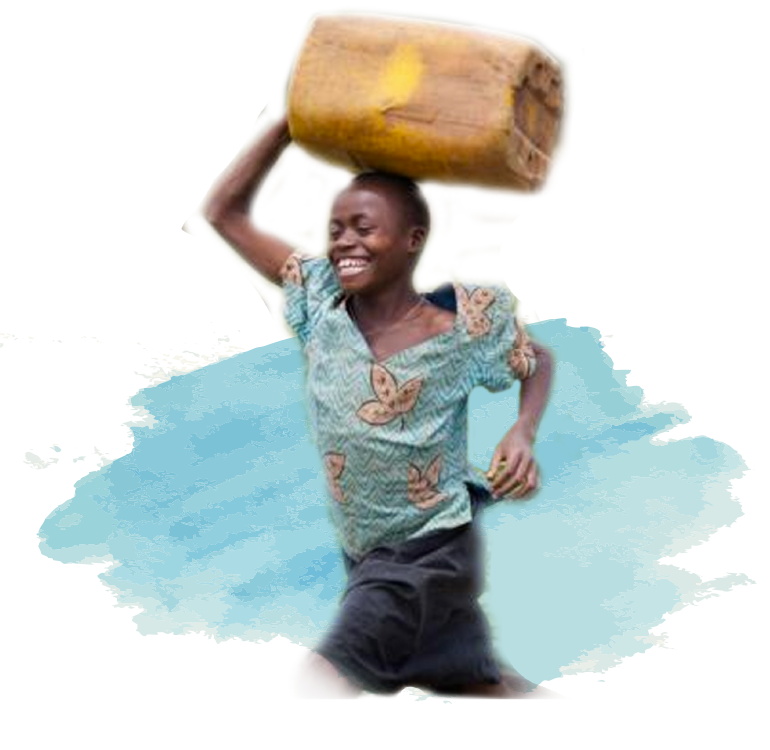
2

PENINGKATAN
EKONOMI
PELUANG
EKONOMI
PELUANG
di sebuah negara di mana sekitar 25,1 juta orang masih hidup di bawah garis kemiskinan, dengan 55 juta orang lainnya rentan jatuh ke dalam kemiskinan, kami percaya setiap hal kecil itu berarti.
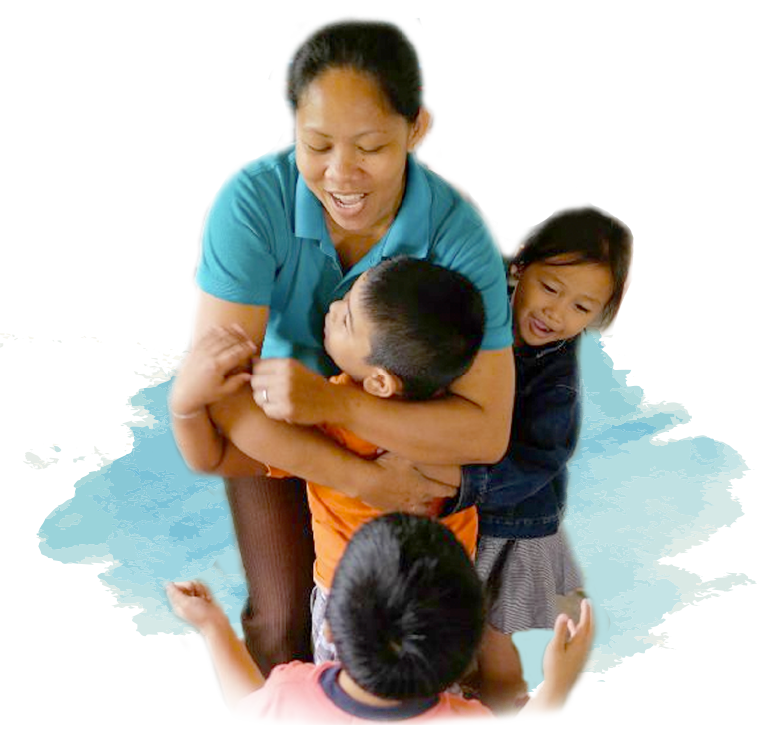
3

AKSES KE PENDIDIKAN
ketika anak-anak tidak perlu berjalan jauh untuk mendapatkan air, mereka memiliki lebih banyak waktu untuk bersekolah dan lebih banyak energi untuk belajar. ini sangat penting bagi anak perempuan, yang paling sering mengumpulkan air untuk keluarga.

4

PEKERJAAN KARYA
perempuan seringkali bertanggung jawab untuk mengambil air. ketika sebuah komunitas mendapatkan akses yang aman untuk air, kaum wanita dan anak perempuan dapat mengejar keterampilan di luar aturan tradisional mereka dan memulai bisnis, memperbaiki rumah mereka, dan mengambil alih masa depan mereka sendiri.